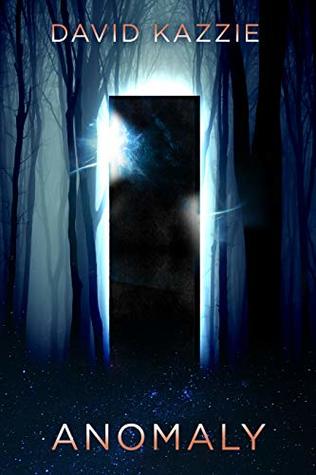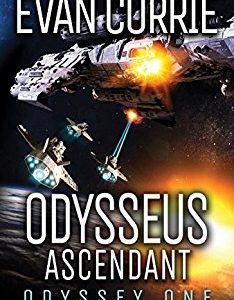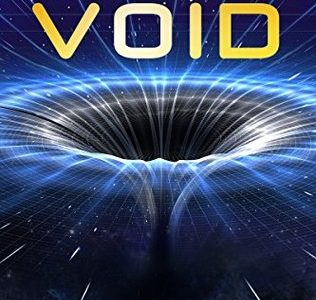Pros
- Some good character development
- Female protagonist is older than most protagonists, and with age comes a bit of wisdom
- Mystery of the anomaly is engaging, and the reveal is interesting
Cons
- A bit too much emphasis on Claire’s emotional state and internal monologue
- Encounter with anomaly is a bit disappointing even if the decision is more realistic, almost anti-climactic
- Conclusion feels a bit lacking
Anomaly Review
Anomaly by David Kazzie offers a more realistic perspective on a scenario that feels as though it could come true at any time. In fact, readers should keep this in mind when reading the story—the realistic approach to the story with its focus on Claires internal monologue and singular motivation drive her actions and lead to a conclusion that may fall flat for some.
Certain aspects of the story will clue readers into at least one characteristic of the anomaly. The story begins with Claire at her twins’ soccer game. This opening tells readers all they need to know about where her priorities and central motivations for her later decisions come from.
Her job as a professor of astrobiology and as someone who is fairly renowned in her field also alert readers to the premise for the story. It shouldn’t be a surprise that the anomaly is extraterrestrial as a result, especially given Claire’s comment early in the story about the existence of intelligent life in the universe.
This original team, which included her then husband Peter, disappears from all monitors, a detail that is withheld from Claire until later. Both the possibility of Peter’s survival, combined with the anomaly, are enough to drive her toward the mission, despite any misgivings she initially voices.
What Kazzie does well in this story is to hold true to Claire’s character. If anything, the plot forces Claire to choose between her roles as a mother, a wife twice over, and a scientist. Her love for her children are emphasized, so it shouldn’t be a surprise at the end of the story what she resolves to do despite the singular choice that she has to make, a choice that abandons her human and scientific curiosity as well as the potential for a technological and worldwide revolution.
While some readers may find Claire’s choice a bit too pragmatic, it makes sense given her love for her children. The result for readers is a conclusion that feels almost disappointing given the potential that even Claire acknowledges with the mere existence of the anomaly.
Toward the end of the novel, Claire admits that at a younger point in time, she would have gone with her scientific curiosity in order to understand more about the anomaly, and there’s almost a story with a different conclusion at this path. Instead, the path Claire chooses reflects a person moving toward middle age, a person who is more mature, less risk adverse, and more considerate of all the consequences.
Though the anomaly and its effects provide the premise for Claire’s venture to the island, the mystery itself provides a backdrop for perhaps a more important question about whether or not humanity is ready for the consequences such an anomaly poses.
Claire is the perfect protagonist to make this decision because she doesn’t make it out of a professional or state interest—in fact, her intelligence and background provide her with no benefit or advantage to understanding the anomaly. Her decision comes purely from her heart, so her final act represents more the average person struggling to survive in an increasingly difficult world.
David Kazzie’s Anomaly isn’t a normal science fiction story filled with laser guns, violent aliens, or spaceships with warp drives. Instead, it’s a very human story that asks readers to consider the impact of advanced technology on a very fractured world. Even the effects of this technology has changed the world even if nothing else can be gained from it. Many people would argue that humanity is ready for advanced alien technology, but the conclusion of the story suggests otherwise.
Read reviews of other science fiction stories below.



